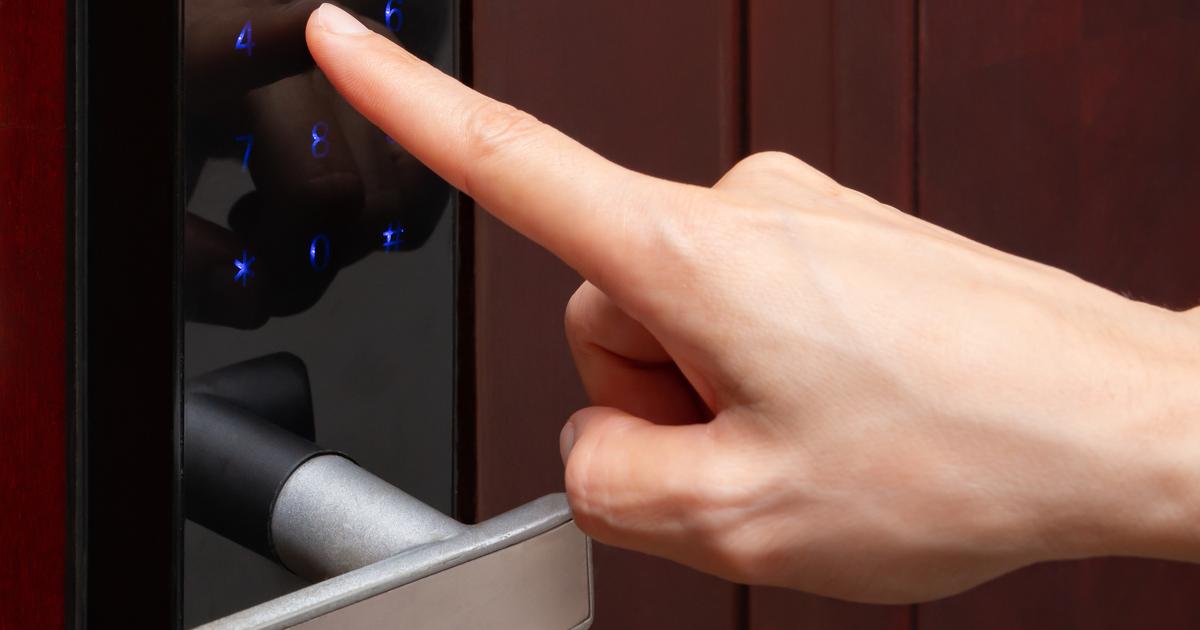What Are The Symptoms Of Obsessive-Compulsive Disorder?
Physical Distress When Routines Aren't Followed

Individuals with OCD often develop very particular routines and rituals regarding their thoughts and compulsions. They can experience physical distress when routines aren't followed. Physical distress can involve physical feelings of anxiety like a racing heart, upset stomach, shaking hands, and rapid breathing. Anxiety has the potential to cause digestive issues as well. There are some other cases where obsessive-compulsive disorder is centered around false physical sensations.
Some doctors report treating patients who experience the urge to urinate with unusual frequency. Their bodies send signals they need to urinate even if they don't need to empty their bladders, and until they go to the bathroom, their thoughts are obsessively centered around the need to urinate. Patients with these symptoms can benefit from learning how to acknowledge false signals from the body and work in therapy on how to stop responding to them.
Anxiety And Fear When Routines Aren't Followed

Obsessive-compulsive disorder patients often experience anxiety and fear when routines aren't followed. With the classic example, fear of germs, failing to wash their hands or wipe off or bathe with the frequency they're used to can make them feel extremely distressed about their bodies being contaminated by germs. Another common example is with double-checking. Someone with OCD may be plagued by worries they haven't turned the stove off, locked the door, or done other important safety-related tasks.
Even if they clearly remember locking the door and turning the oven off, they may not be able to stop obsessing until they double-check. Many obsessive-compulsive disorder patients end up checking these things three or more times. When they don't double check, they experience fear and anxiety that something bad is going to happen because they aren't completing the compulsion.
